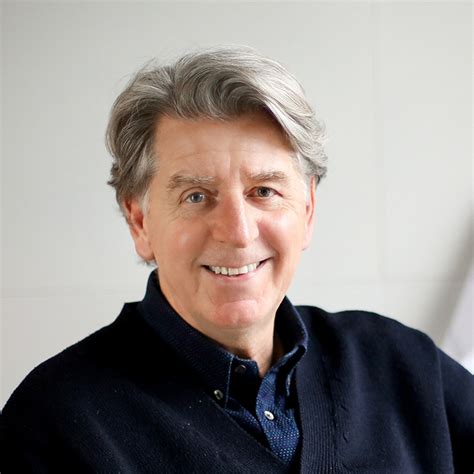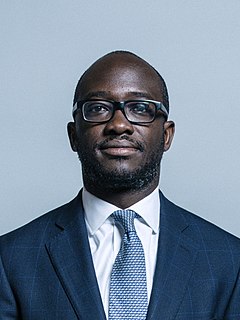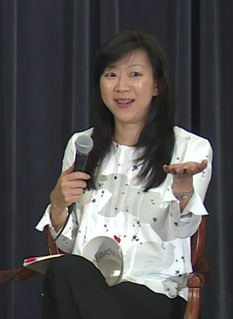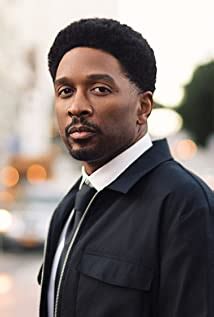A Quote by Jeffrey Kluger
Part-black generally means all-black in Americans' minds. Just as part-Asian or part-Hispanic or part-anything-else usually puts individuals in those minority-groups' camps.
Related Quotes
One of the facets of growing up the way I did, I never had the experience of being solely in the black community. Even my family, my mother is what they call Creole, so she's part French, part black, and grew up in Louisiana. It's a very specific kind of blackness that is different than what is traditionally thought of as the black community and black culture. So, I never felt a part of whatever that was.
I'm an amalgamation of what I've needed to be. Part scholar, part rebel, part nobleman, part Mistborn, and part soldier. Sometimes I don't even know myself. I had a devil of a time getting all those pieces to work together. And, just when I'm starting to get it figured out, the world up and ends on me.
Those were the places where many people mixed if they wanted to mix, which was against the law [Immorality Act of 1927]. My mother was part of that group. My father was part of that group. People who were black and whites and Indian and Asian - and you came together and said, we choose to mix at the risk of being arrested. And so they did.
I am part of the sun as my eye is part of me. That I am part of the earth my feet know perfectly, and my blood is part of the sea. My soul knows that I am part of the human race, my soul is an organic part of the great human race, as my spirit is part of my nation. In my own very self, I am part of my family.





































